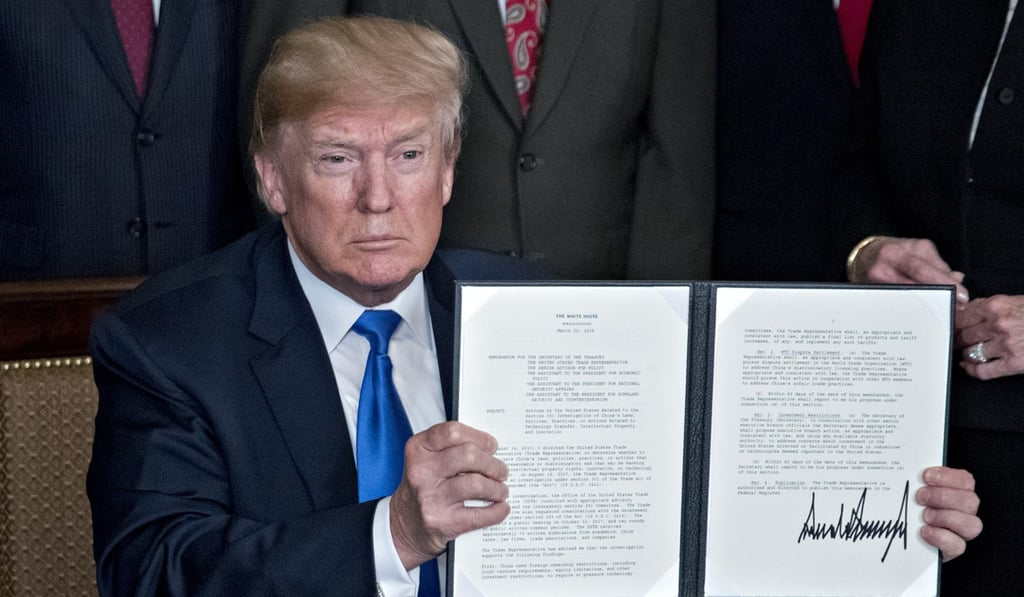Opinion | The US is targeting China for intellectual property theft, but is the fight really worth it?
- While intellectual property protection initially spurs innovation, it can end up hampering it in the long run
- From an ethical point of view, penalising the theft of ideas wrongly presumes that ideas are in short supply and that we can properly define their value

Has China been stealing intellectual property from the US? A column in The Washington Times discussed “taking on China’s intellectual property theft”. Bloomberg asked, “What’s intellectual property and does China steal it?” Its answer? Yes. Market Watch inquired, “Why is the US accusing China of stealing intellectual property?” The conclusion? Because China is guilty. CNBC reports that “1 in 5 corporations say China has stolen their IP within the last year.”
While much legal and political capital is spent on intellectual property theft, we should be asking a more basic question: should intellectual property rights exist in the first place? If the answer is no, China should not be punished for its “theft” even if it has acted as charged.
There are two reasons to oppose the protection of intellectual property rights: utilitarian and ethical.

If we consider patents from the former pragmatic point of view, there is little doubt that, initially, this form of property rights will call forth more inventions, more software, more music, plays and pharmaceuticals, and will unleash creativity in all sorts of other endeavours. Offer people additional compensation for something and more of it tends to be forthcoming.
